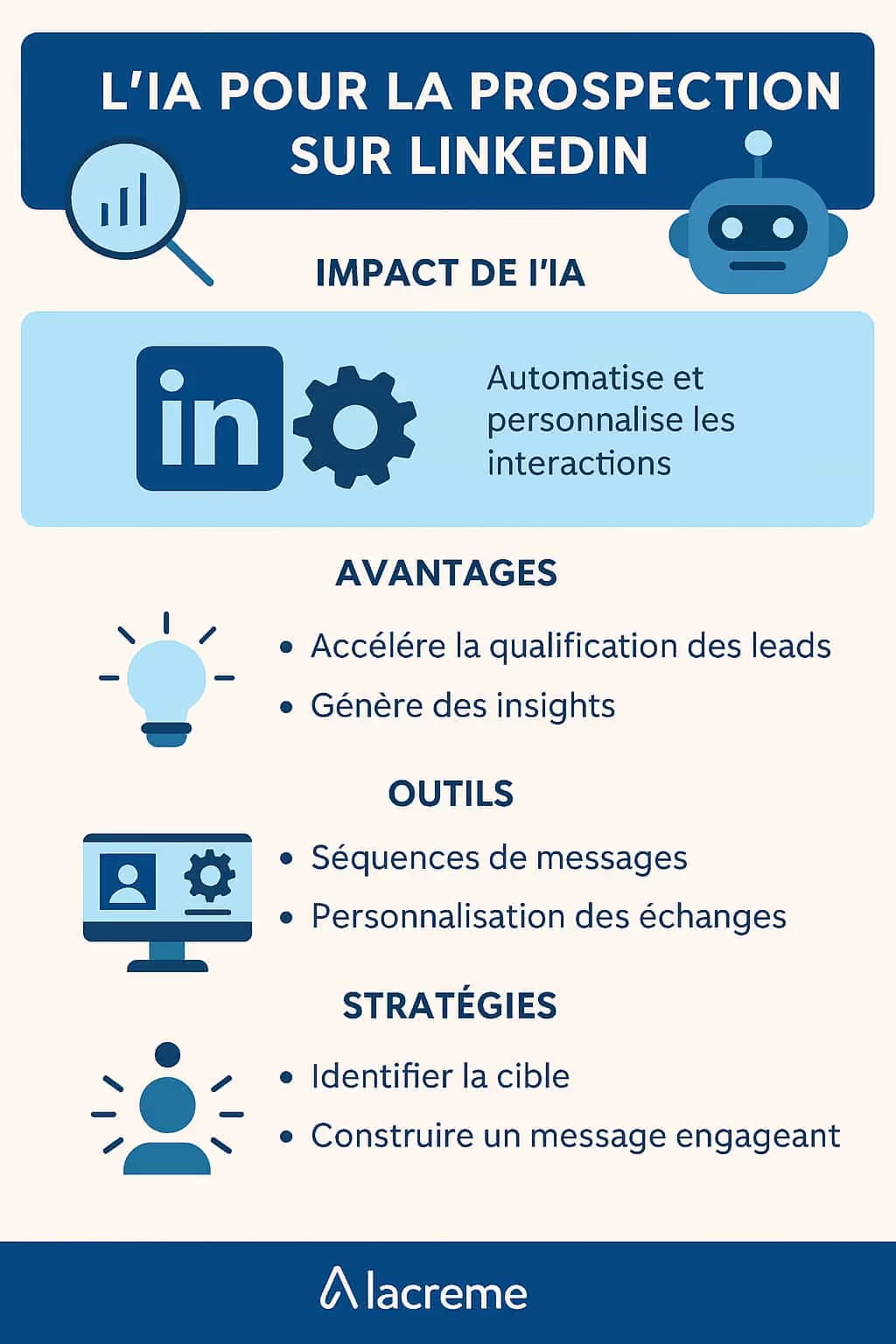The field of sport and leisure is undergoing a real transformation under the effect ofartificial intelligence (IA). This technology, formerly relegated to scientific or technological applications, is now finding its place on sports fields, in training rooms, in performance halls and among fans looking for immersive experiences. AI opens up a world of possibilities that seemed, until recently, to belong to the future.
The role of AI in the transformation of modern sport
The impact of AI on athletic performance
THEartificial intelligence contributes to pushing the limits of sports performance. With the help of AI, athletes can now analyze their performance in detail, precisely identify areas in need of improvement, and adjust their training accordingly. AI-powered motion tracking devices help refine the technique, while predictive analytics helps develop strategies to maximize the chances of winning. In addition, theAI and training are transforming education athletes, by offering them personalized programs to optimize their performance.
The use of AI in the analysis of games and strategies
Sports coaches and analysts use AI to study game strategies and opponent tactics. Complex systems process hours of match videos to uncover patterns, weaknesses, and opportunities. For team sports, this means a better understanding of game dynamics and an increased ability to make strategic decisions in real time.
Artificial intelligence: a new ally for training and health
Improving technique and training thanks to AI
AI has become an essential tool for optimizing training sessions. Applications that can analyze posture, rhythm, and even strike force facilitate individualized technical improvement. AI-assisted training thus becomes more effective, precisely targeting the needs of each athlete. Les IA fitness centers now offer personalized training programs based on data collected in real time. AI systems can also simulate virtual opponents, allowing for more interactive and adaptive training.
AI and injury prevention in sport
Injury prevention is another field where AI is making a place for itself. By analyzing a large amount of data on the training habits, rest and physiology of athletes, algorithms can detect warning signs before an injury occurs. Thus, the intervention of AI in training planning can contribute to a significant reduction in the risk of injuries.
Immersive fan experience: AI in sports and leisure
How AI is enriching the spectator experience
Not only are athletes benefiting from the advances in AI, but fans are as well. Smart cameras provide innovative viewing angles during competition broadcasts. AI also improves the quality of live commentary, by providing commentators with relevant statistics and information in real time. Platforms offer more personalized experiences, but some also fear thatAI Threat streaming the current sports streaming model. Social networks use AI to create personalized content that further engages communities around sporting events.
Personalizing the fan experience through artificial intelligence
The fan experience has become more personal thanks to AI. It allows fans to receive recommendations tailored to their preferences, whether it is for choosing which matches to watch or merch items that may be of interest to them. Additionally, AI can help create games and simulations that take fans deeper into the world of their favorite sport.
The current and future innovations of AI in the sports field
Concrete cases of AI innovation in sport
Currently, numerous AI-related innovations are transforming sport: from running shoes with smart soles that help improve running technique, to video systems for refereeing, which make decisions more accurate and accurate. Sports clubs also use predictive tools to identify future talent and optimize recruitment. THEAI entertainment industry is changing the way we consume sports and leisure.
Future perspectives of AI in sports and leisure
In the future, the integration of AI in sports could become even more pronounced. Imagine stadiums equipped with facial recognition systems for better public safety, mobile applications that allow fans to live experiences in augmented reality during breaks or even virtual coaches accessible to each athlete via their smartphone.
Integration and challenges of AI in the sports sector
Barriers to the adoption of AI in the sports industry
Integrating AI is not without its challenges. Financial considerations remain a major obstacle for many organizations. In addition, the lack of artificial intelligence training may hinder the adoption of these technologies in the sports industry. Resistance to change and data privacy issues are also significant concerns.
Ethics and regulation around the use of AI in sport
Ethical issues and the regulatory needs of AI in sport should not be overlooked. Les ethical issues, such as mass surveillance and data protection, need to be addressed to ensure the responsible use of AI in sports. How can sports fairness be ensured when advanced AI tools are used? Is athletes' personal data protected? The debate on these issues has only just begun and it is crucial that the sports industry, regulatory bodies, and fans work together to define clear and fair guidelines for integrating AI into the world of sport.






